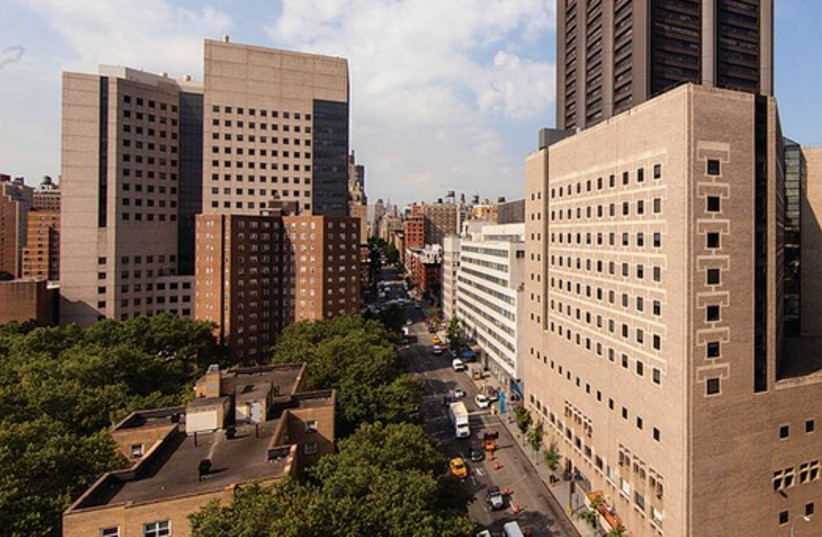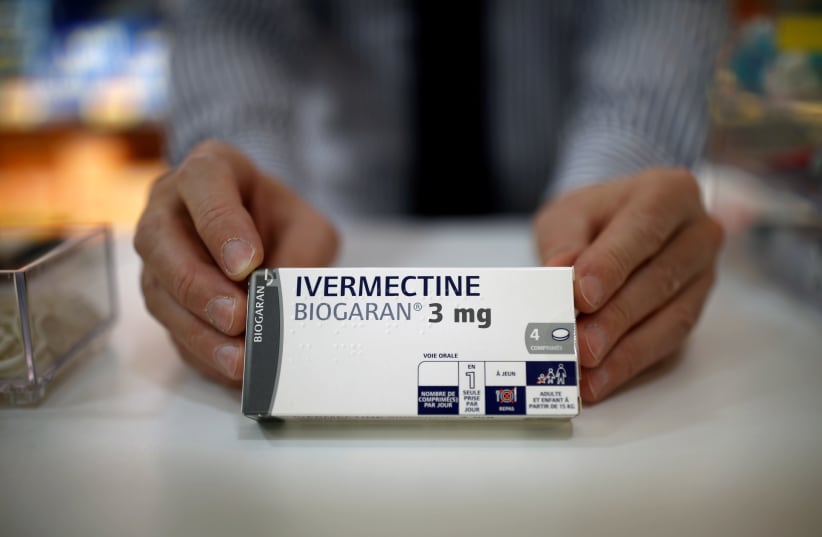A woman is suing New York's Mount Sinai West Hospital for not treating her husband, a rabbi sick with COVID-19, with Ivermectin, a treatment not approved by the US Food and Drug Administration (FDA) for that purpose, despite claiming that his doctor recommended it, The New York Post reported.
Erika Quintero-Sherry, 48, claims that the hospital is refusing to treat her 60-year-old husband, Rabbi Benjamin Chernyavsky, with the anti-parasitic drug hailed by some as a cure for COVID-19 despite the claim being controversial. The article said that according to the FDA website, it is ineffective against the virus.
According to the Post, the father of five has been sick with the virus since January 8 and is "on death's doorstep." He is currently on a ventilator and in a medically induced coma, with the lawsuit stating that his chance of survival is less than 20%.
According to court papers, Chernyavsky is being treated under the current protocol of steroids, antibiotics, high-flow oxygen and ventilator, The Post reported, but his family said that his condition isn't improving and they should try something else.


Over the course of the coronavirus pandemic, many people began touting Ivermectin as a cure for COVID-19, believing that it is an effective treatment based on some studies, anecdotal evidence and claims of success in several countries.
Like most other drugs, Ivermectin can be very dangerous if not used properly. This is especially true if people mistakenly take a dose that is high enough for large animals but too high for humans.
As noted by the FDA, overdosing on Ivermectin can cause nausea, vomiting, diarrhea, low blood pressure, dizziness, seizures, allergic reactions, coma and death.
